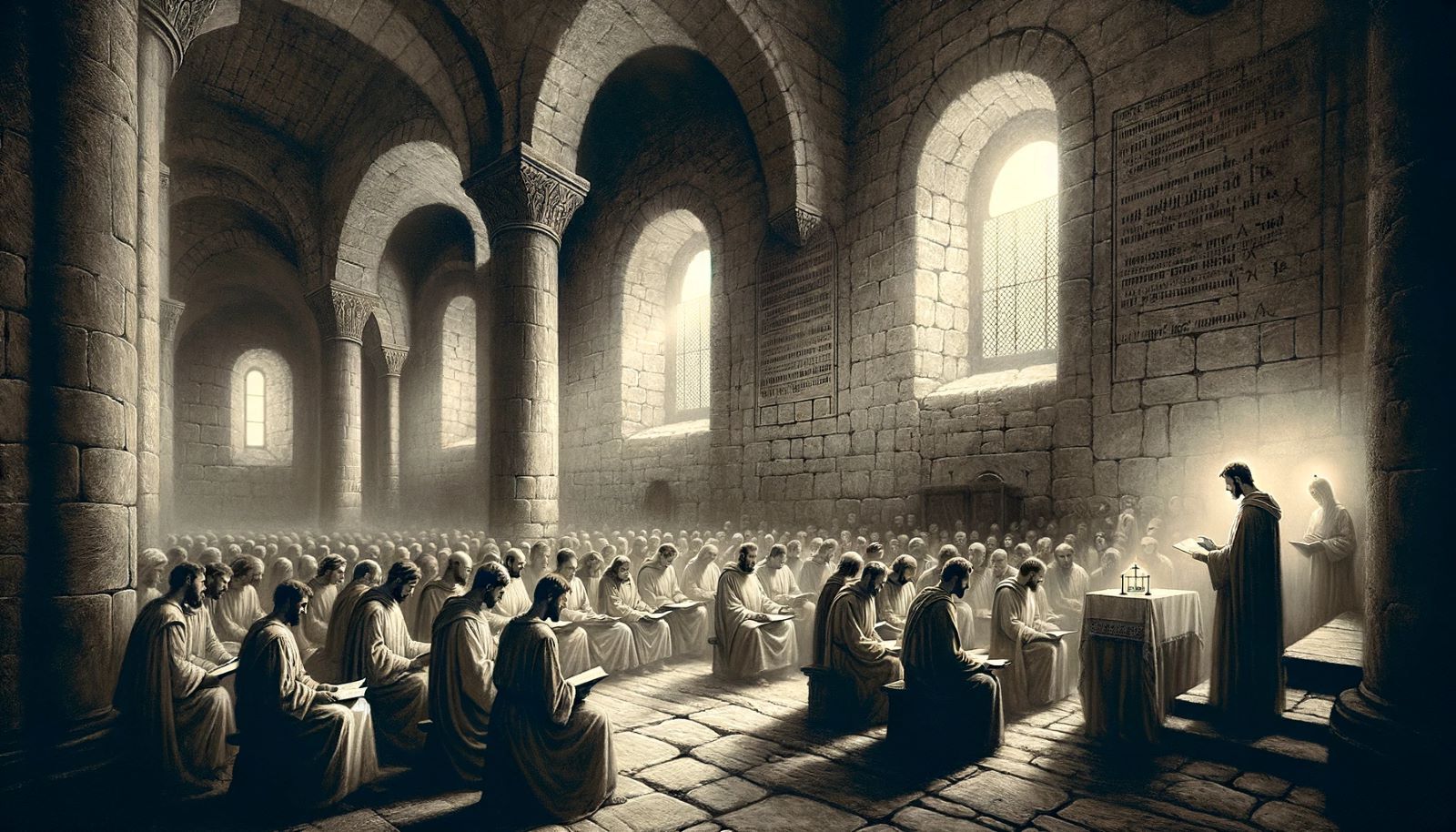
December 10th marks a significant day in history, with various events and facts that have shaped our world. From noteworthy milestones to significant moments, this date holds a myriad of historical significance. Whether in politics, science, or cultural achievements, December 10th has witnessed remarkable events that continue to influence our present-day society. Exploring the events that unfolded on this day offers us a glimpse into the past and allows us to appreciate how far we have come as a civilization. Join us as we delve into the facts and events that happened on December 10th, exploring the stories and impact behind each milestone. From momentous discoveries to groundbreaking achievements, this day in history has much to offer in terms of knowledge and insight.
Key Takeaways:
- December 10th marks significant historical events, from the adoption of the Universal Declaration of Human Rights to the birth of influential figures like Louis Pasteur and Emily Dickinson.
- This date also witnessed cultural milestones, such as the first production of Peter Pan and the release of iconic movies like “Close Encounters of the Third Kind.”
HISTORICAL EVENTS
- 1817: Mississippi becomes the 20th state of the United States.
- 1936: Edward VIII abdicates the throne of England to marry Wallis Simpson.
- 1948: The United Nations General Assembly adopts the Universal Declaration of Human Rights.
- 1989: The Dalai Lama is awarded the Nobel Peace Prize for his nonviolent struggle for the liberation of Tibet.
- 2013: The South African anti-apartheid revolutionary and politician, Nelson Mandela, passes away at the age of 95.
SCIENTIFIC BREAKTHROUGHS
- 1901: The first Nobel Prize in Physics is awarded to Wilhelm Conrad Roentgen for his discovery of X-rays.
- 1948: The National Institute of Standards and Technology (NIST) is founded in the United States.
- 1953: Dr. Albert Schweitzer is awarded the Nobel Prize in Physiology or Medicine for his philosophy of “Reverence for Life.
- 1984: The Space Shuttle Discovery is launched for the first time, marking the beginning of a new era in space exploration.
- 2009: The Large Hadron Collider at CERN, the world’s largest and most powerful particle accelerator, begins its first operational run.
POLITICAL MILESTONES
- 1520: Martin Luther publicly burns the papal bull Exsurge Domine, which had threatened him with excommunication from the Roman Catholic Church.
- 1799: France adopts the metric system as its official measurement system.
- 1948: The United Nations adopts the Convention on the Prevention and Punishment of the Crime of Genocide.
- 1976: The United Nations General Assembly adopts the International Covenant on Civil and Political Rights.
- 1996: South Africa’s President Nelson Mandela signs the new post-apartheid constitution into law.
CULTURAL EVENTS
- 1815: The novel “Emma” by Jane Austen is first published.
- 1904: The first production of Peter Pan, the play by J.M. Barrie, takes place at the Duke of York’s Theatre in London.
- 1955: The musical “Damn Yankees” opens on Broadway at the 46th Street Theatre.
- 1977: The science fiction movie “Close Encounters of the Third Kind,” directed by Steven Spielberg, is released in theaters.
- 2007: The film “No Country for Old Men,” directed by Joel and Ethan Coen, is released, eventually winning four Academy Awards.
BIRTHS
- 1830: Emily Dickinson, American poet.
- 1868: Louis Pasteur, French chemist and microbiologist.
- 1946: Marion Ramsey, American actress (known for her role in the “Police Academy” film series).
- 1974: Meg White, American musician (drummer for the White Stripes).
- 1985: Raven-Symoné, American actress and singer.
NOTABLE DEATHS
- 1797: Johann Christoph Friedrich von Schiller, German poet, philosopher, and playwright.
- 1865: Augusta Ada King, Countess of Lovelace, English mathematician and writer (known for her work on Charles Babbage’s Analytical Engine).
- 1896: Alfred Nobel, Swedish inventor of dynamite and founder of the Nobel Prizes.
- 1972: Lester B. Pearson, Canadian politician and recipient of the Nobel Peace Prize.
- 2019: Carroll Spinney, American puppeteer best known for playing Big Bird and Oscar the Grouch on Sesame Street.
Conclusion
December 10th is a significant day in history, marked by various events across different domains. From political milestones such as the adoption of the Universal Declaration of Human Rights to scientific breakthroughs like the discovery of X-rays, this date has witnessed remarkable moments that have shaped our world. Cultural events like the release of iconic movies and the birth of notable figures in literature and music also add to the significance of this day. The births and deaths of influential individuals remind us of the impact they have left on their respective fields. December 10th serves as a reminder of the rich tapestry of historical events and achievements that have shaped our past and continue to inspire us in the present.
FAQs
Q: What are the historical events that occurred on December 10th?
A: Some notable historical events that happened on December 10th include Mississippi becoming the 20th state of the United States in 1817, Edward VIII abdicating the throne of England in 1936, and the adoption of the Universal Declaration of Human Rights by the United Nations General Assembly in 1948.
Q: What scientific breakthroughs happened on December 10th?
A: On December 10th, Wilhelm Conrad Roentgen was awarded the first Nobel Prize in Physics for his discovery of X-rays in 1901. In 2009, the Large Hadron Collider at CERN began its first operational run, marking a significant milestone in particle physics.
Q: Are there any political milestones associated with December 10th?
A: Yes, December 10th is notable for several political milestones. In 1799, France adopted the metric system as its official measurement system. In 1976, the United Nations General Assembly adopted the International Covenant on Civil and Political Rights.
Q: Have there been any significant cultural events on December 10th?
A: Yes, December 10th has witnessed notable cultural events. In 1904, the first production of Peter Pan took place in London. In 1955, the musical “Damn Yankees” premiered on Broadway.
Q: Who were born on December 10th?
A: Some notable individuals born on December 10th include Emily Dickinson, Louis Pasteur, Marion Ramsey, Meg White, and Raven-Symoné.
Q: Who died on December 10th?
A: Prominent individuals who passed away on December 10th include Johann Christoph Friedrich von Schiller, Augusta Ada King, Countess of Lovelace, Alfred Nobel, Lester B. Pearson, and Carroll Spinney.
Was this page helpful?
Our commitment to delivering trustworthy and engaging content is at the heart of what we do. Each fact on our site is contributed by real users like you, bringing a wealth of diverse insights and information. To ensure the highest standards of accuracy and reliability, our dedicated editors meticulously review each submission. This process guarantees that the facts we share are not only fascinating but also credible. Trust in our commitment to quality and authenticity as you explore and learn with us.


